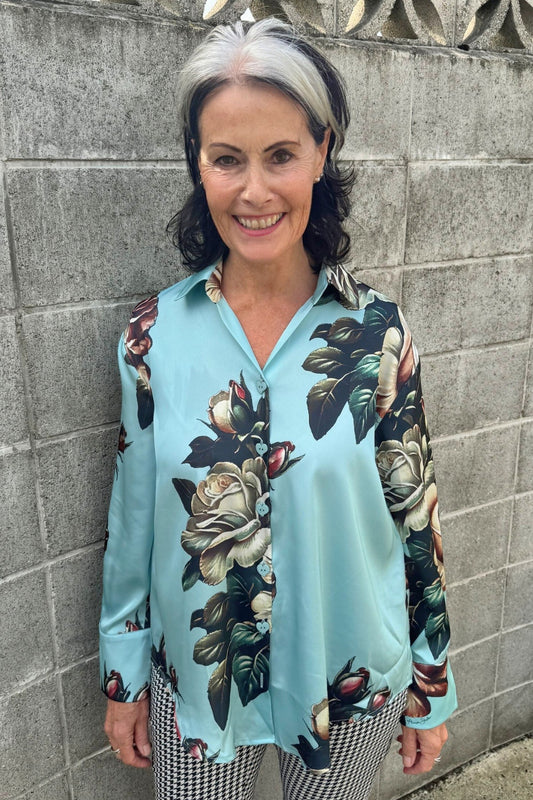
After reading Social Development Minister Anne Tolley’s comments on the latest report that shows the Child, Youth and Family (CYFs) system is failing, and watching her being interviewed on television, I believe more firmly than ever the state will never be a great parent.
But what do we do with the 61,000 children in violent and unsafe homes who have been, or will be, removed from their whanau by CYFs and put into a system that, it has been publicly admitted, is not working?
The statistics are alarming: 64 per cent of the children notified to CYFs in 2014 had a previous notification. Children who had been removed from homes in 2013 were, on average, 8 years old and many of them had been in the system since they were 2 or 3 years of age.
Do we get the private sector involved, or do we overhaul the government sector that has been so woefully inadequate? Neither. We rethink the model, and listen to the voice of sensibility.
Home-based care is paramount for all of our children – get that sorted and the problem is solved. Despite $81 million of government money ploughed into the non-government organisations each year to help solve this crisis, the problem continues to escalate. These services are also not getting the required change; we need to wake up and acknowledge this.
It would seem incredible that we see part of the solution as a bigger focus on more “suitable” foster parents so that these children can be removed from their whanau for their own protection. This is NOT the answer, and we now have statistical proof that it is not.
Forty two per cent of the foster parents taking in kids removed by CYFs are on a benefit (this is incredible). Seemingly it is okay to put abused children into homes that are already barely able to cope financially.
Surely the answer is staring us in the face, but we continue in this perpetual national blindness, doing as we have always done, throwing more money at organisations that are either amplifying the problem, or failing to get the change needed for the 61,000 children in care.
The solution is simple: work within the family. Keep the kids in their homes and assist change for the family, especially the mother who, in many cases, is all that is left of the family.
Strengthen and support the home (Mum) to get real change and protect and nurture the children in their rightful place. Give Mum a reason to change and the ability to re-integrate and gain acceptance in mainstream society. She, too, needs purpose and a reason to actually want to make change to her existing behaviour.
Re-group the community services around these families, the local services that know the families, and spend more time connecting, supporting and growing, not doing paperwork to fulfil government administrational requirements.
Uplift and work with the mother to reintegrate and advance the child – abuse rates are high in some families because we don’t work with them to change behaviour.
The state is a terrible parent – 82 per cent of the men in prison have been brought up by the state. This is why I consider the women’s prisons to be the place to start to make an impact. If we can show incarcerated mothers a better road to follow, then their children will be set on the right path too.
Let’s put children at the heart of our decision-making, not just with their crisis management but ensuring they are safe and loved, and supported through the schooling system.
Kids don’t exist in isolation, they need their families, and these families need to be functional. We need to understand why children are being born into difficult and cash-strapped environments. Contraception and counselling are not the solutions that will achieve change here.
By the time children in a care placement who were born in the 12 months to June 1991 had reached the age of 21, almost 90 per cent were on a benefit. CYFs are raising the next generation of beneficiaries and keeping social workers in a job. Something has to change.
This is a community problem; we all need to get involved.










